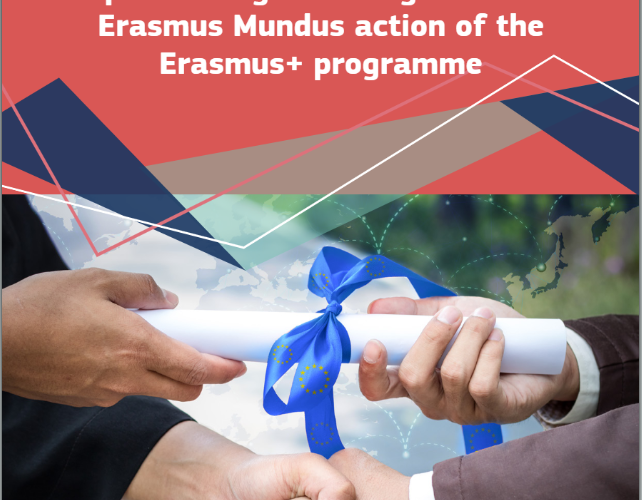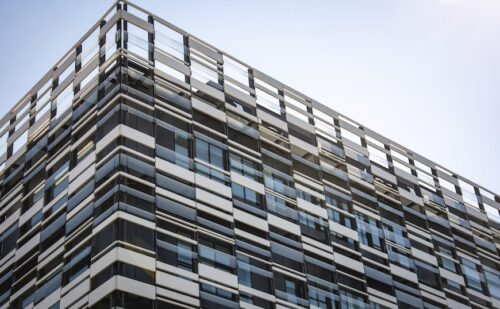
Erasmus Mundus Report 2020
Gerry O'Sullivan
Posted: 8 December, 2020
The Erasmus Mundus unit at the European Commission has published a study – “Implementing Joint Degrees in the Erasmus Mundus action of the Erasmus+ programme”, which presents the state of play and the lessons learned from the implementation of the Erasmus Mundus Joint Master Degrees (EMJMD) in the Erasmus+ Programme Countries.
The Education, Audiovisual and Culture Executive Agency (EACEA) has implemented two complementary surveys in 2019 with the objectives to understand (i) the macro-context in which HEIs operate, through an analysis of the national legal/administrative frameworks, (ii) the types of degrees issued by the higher education institutions involved in the EMJMD projects financed by Erasmus+. To this end, the Eurydice Network and the Erasmus+ contact points in the Erasmus+ National Agencies of the 34 Erasmus+ Programme countries were mobilised and 137 EMJMDs financed between 2014 and 2019 contributed to an online survey. The collected data have been gathered, analysed and mapped accordingly.
This report provides a comprehensive review of the situation, including an in-depth analysis of the obstacles, limitations and challenges encountered in the implementation of joint degrees.
Implementing Joint Degrees in the Erasmus Mundus action of the Erasmus+ programme


